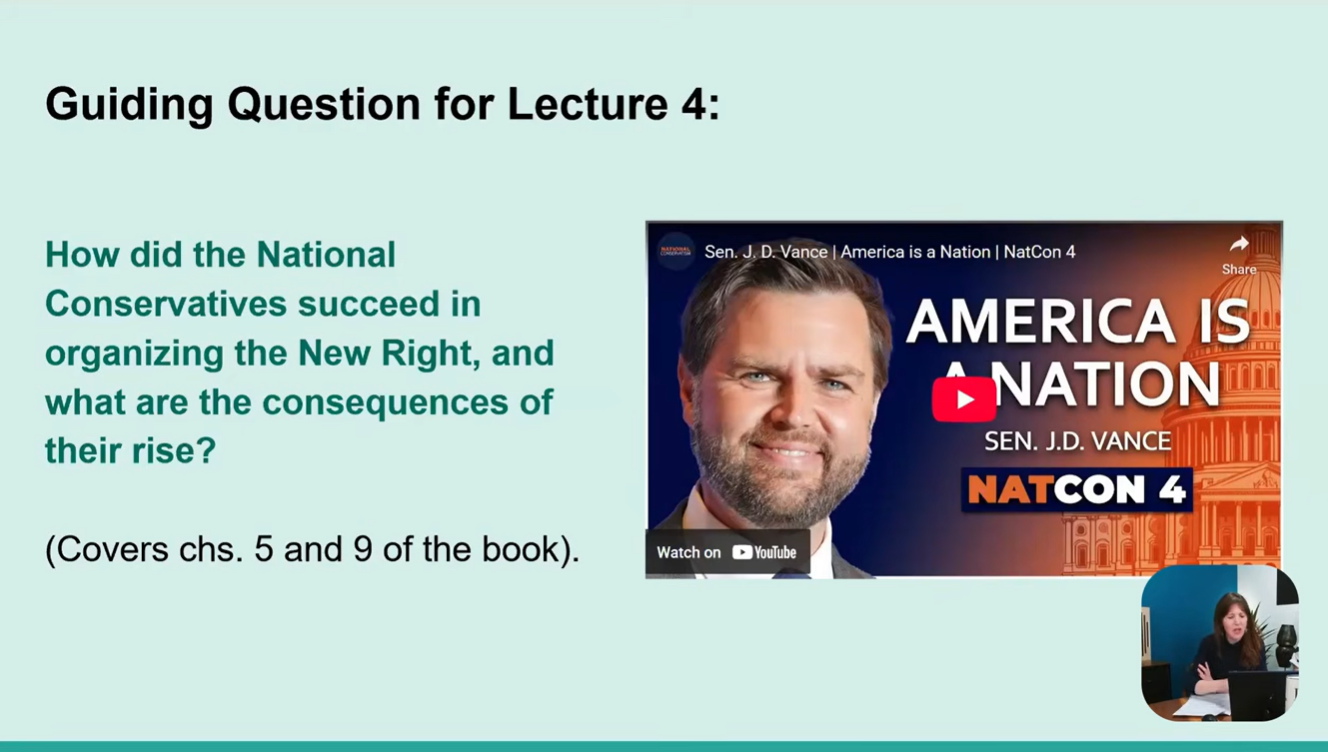The Week That Was: All of Lawfare in One Post
Julian Ku provided us with swift commentary after the Philippines’ sweeping victory in the South China Sea arbitration on Tuesday morning. The next morning, he considered the legal justifications for the United States to conduct freedom of navigation operations without innocent passage within 12 nautical miles of China’s artificial islands.
Julian Ku provided us with swift commentary after the Philippines’ sweeping victory in the South China Sea arbitration on Tuesday morning. The next morning, he considered the legal justifications for the United States to conduct freedom of navigation operations without innocent passage within 12 nautical miles of China’s artificial islands. Robert Williams scoured through the 501-page Award and scored the bout as a decisive victory for Manila. Raul Pedrozo contextualized China’s maritime claims within a broader framework that portrays Beijing as a revisionist power.
After reading the Chilcot Inquiry, John Bellinger rebutted a post by Oona Hathaway in Just Security that suggested U.S. lawyers had adopted “manifestly implausible” legal theories in the lead-up to the Iraq War. Former White House Counsel Bob Bauer concluded that the report failed to scrutinize the proper role lawyers should play in the policymaking process.
Kenneth Anderson flagged Seizing Power: The Strategic Logic of Military Coups, a book by Naunihal Singh, as worth remembering while the coup attempt in Turkey continues to unfold. Before the coup in Ankara, Kemal Kirisci interpreted Turkey’s recent overtures to Israel and Russia as a sign that President Recep Tayyip Erdogan is planning to pursue a more pragmatic foreign policy if he manages to stay in power.
This morning, David Kris analyzed the bill just sent to Congress, reflecting the administration's proposal for cross-border data transfers.
The one-year anniversary of the Iran Deal prompted a number of Brookings scholars to reflect on its consequences. Bruce Riedel observed how the Iran nuclear deal exacerbated the tensions between Tehran and Riyadh. Robert Einhorn said the JCPOA has cleared its primary hurdle so far—blocking Iran’s path to a nuclear weapon for an extended period of time. Suzanne Maloney chastised Iran’s arbitrary arrest of U.S. citizens as a counterproductive move that undermines U.S.-Iranian relations.
Benjamin Wittes filtered out all the congressional grandstanding to present only the most important parts of FBI Director James Comey’s testimony in front of the House Oversight and Governance Reform Committee in this week's Lawfare Podcast.
Asher Berman assessed whether the military successes of the U.S.-backed Kurdish forces in northern and eastern Syria could trigger unintended geopolitical consequences.
Ingrid Wuerth analyzed the text of a Joint Declaration on international law that China and Russia signed in late June and considered the implications this accord could hold for human rights and international norms.
Ken Watkin reviewed The Syrian Jihad, Charles Lister’s magisterial account of the jihadi ecology that is flourishing in Syria. Will Todman highlighted how siege warfare has become a tragic pillar of the country’s civil war. Adham Sahloul similarly pointed out that a humanitarian crisis may be unfolding in Aleppo as the Syrian government closes in on fully controlling the city.
Laura Dean wrote another bone-chilling account of homophobia and how a group of young Iraqi refugees in Lebanon are looking to escape their conservative families and find new homes, medical care, and love abroad.
Jack Goldsmith and Benjamin Wittes invited readers to attend a talk that Ben will host next week with Walter Pincus on the intersection between journalism and national security.
Bruce Ackerman excoriated a brief by the government that sought to dismiss a lawsuit by his client, Captain Nathan Smith, claiming that the United States’ ongoing war against the Islamic State is unconstitutional in the absence of a new AUMF.
Military commission season is back in full swing and Quinta Jurecic posted a statement from Military Commissions Deputy Chief Prosecutor Robert Moscati regarding this week’s pre-trial hearings in the case of Abd al Hadi al Iraqi to prove it. She also covered Tuesday’s proceedings.
Cody Poplin pointed out that the House Intelligence Committee released the missing 28 pages from the 2002 congressional inquiry into the 9/11 attacks.
He also disclosed that the 2nd Circuit Court of Appeals delivered a major blow to the U.S. government by ruling in Microsoft’s favor in a recent case regarding whether law enforcement officials could access data stored on foreign servers. Nora Ellingsen gave a brief summary of the case after poring through the opinions. Andrew Keane Woods reacted to the ruling with a caution that this was not a complete victory for privacy advocates.
Elena Chachko dissected Israel’s new counterterrorism law.
Ellen Scholl circled the globe to see where natural resources and commodities are shaping geopolitics.
Ben and Zoe Bedell drew our attention to another lawsuit that alleges Facebook provides material support to terrorist groups and explained that this one might actually have a legitimate chance.
Paul Stephan reminded us that he testified with some other experts in front of Congress this week to discuss the “Justice Against Sponsors of Terrorism Act.”
Ben noted that Representative Susan Brooks (R-IN) and Katherine Clark (D-MA) introduced a bill in the House of Representatives to combat the sextortion problem Lawfare helped publicize and analyzed the new bill.
Stewart Baker posted the latest episode of the Steptoe Cyberlaw podcast, wherein he interviews Representative Will Hurd (R-TX).
In the latest iteration of Rational Security, the team unpacked a whirlwind week of news ranging from the use of a killer robot in Dallas to the tribunal ruling vis-à-vis the South China Sea.
And that was the week that was.





